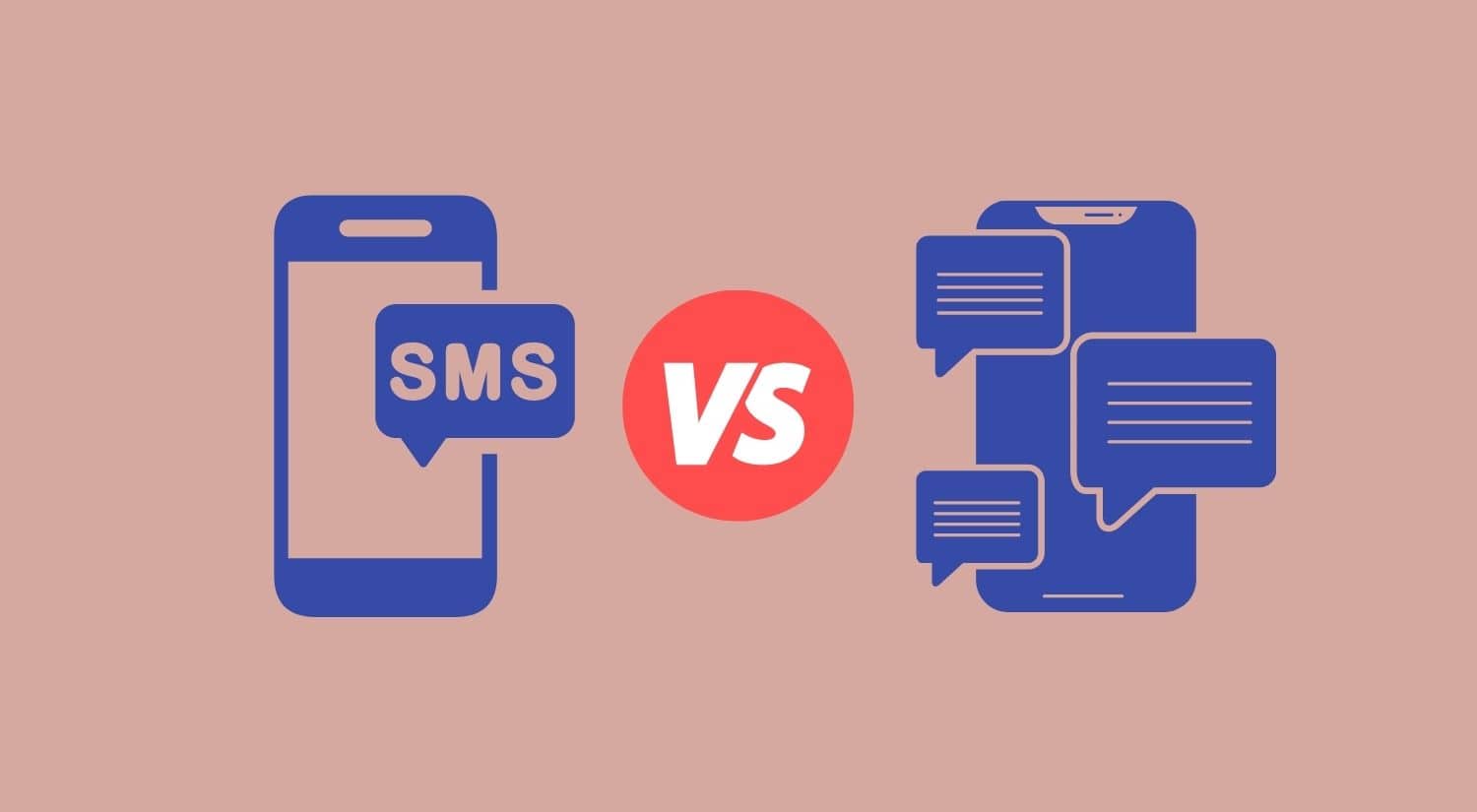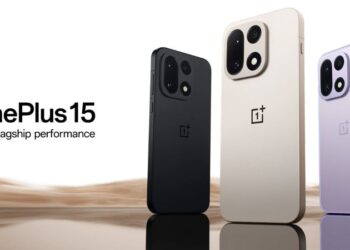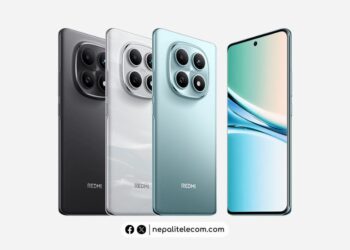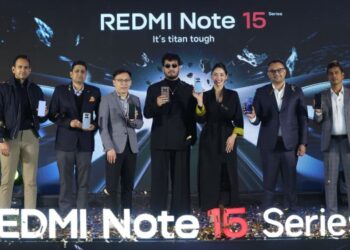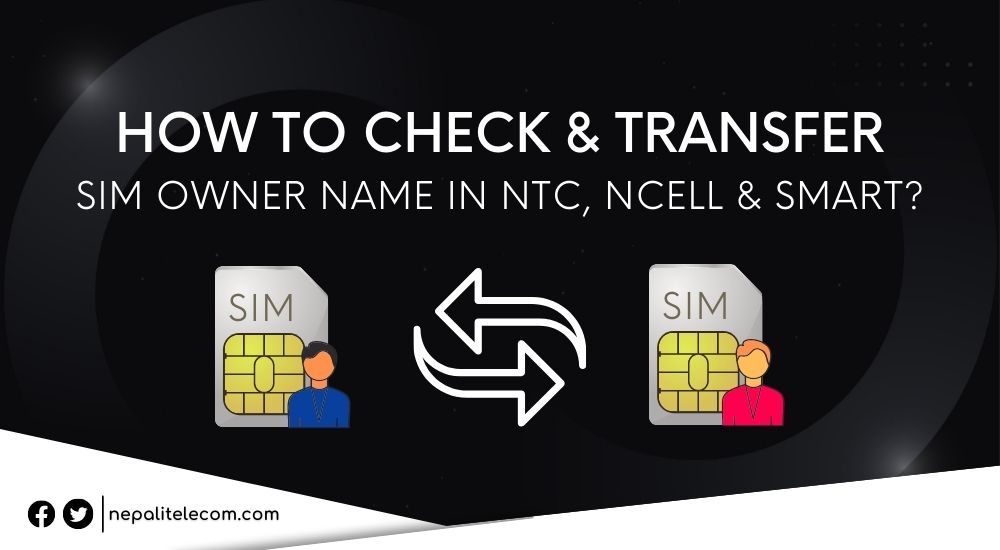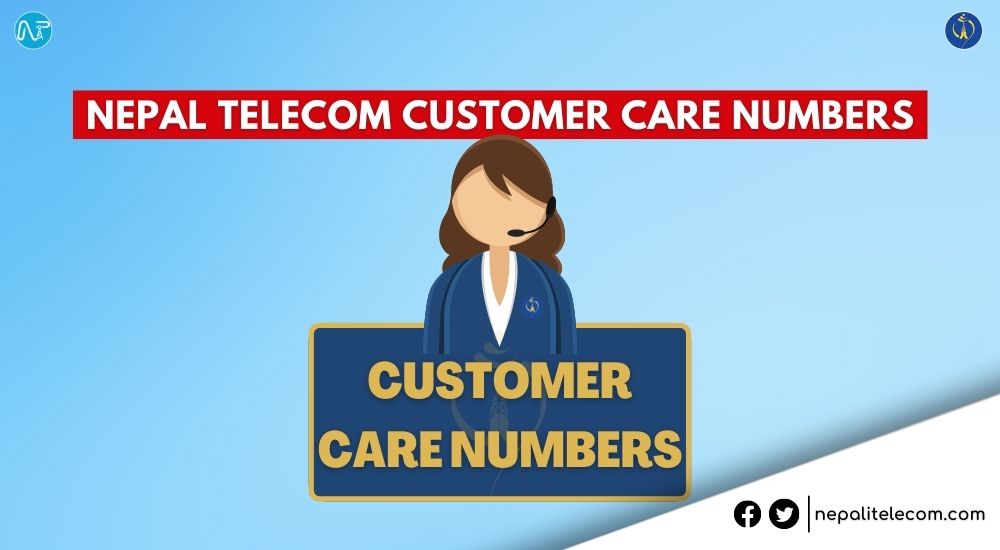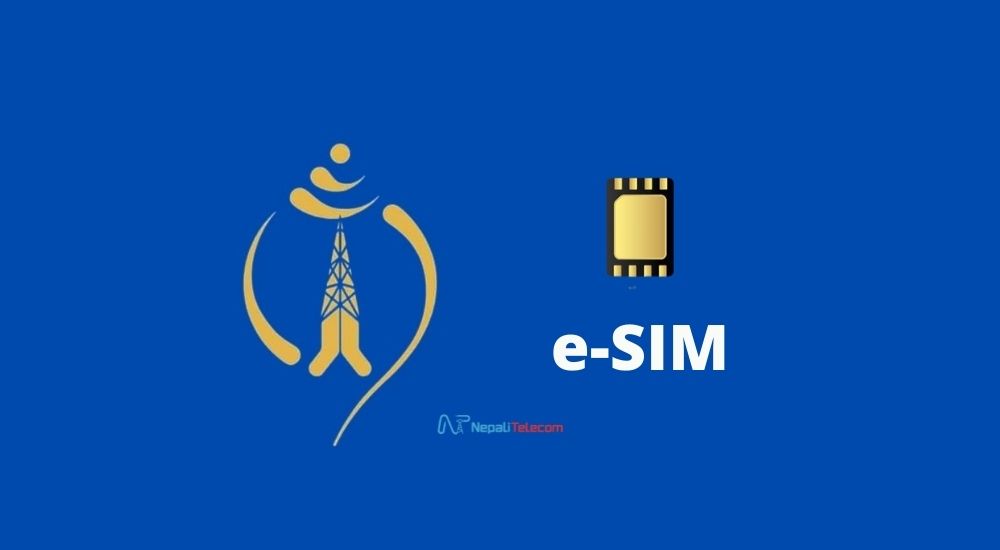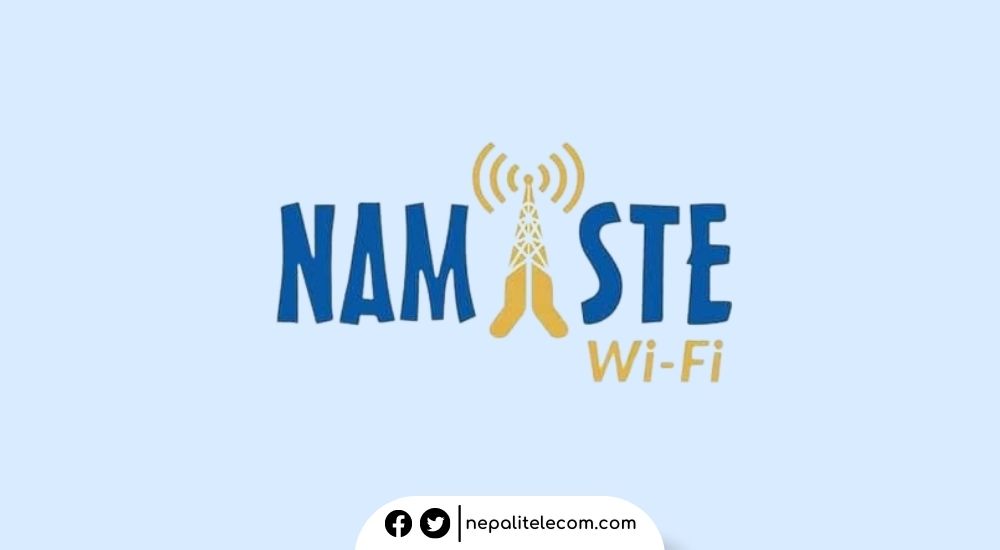With the rise in high-speed internet and smartphone usage, traditional short message service known as SMS is in decline. Smartphones have widened communication functionalities and people have alternatives to choose from; conventional SMS or Instant Messaging apps.
But it is not easy to conclude which method is better because it is up to users themselves to decide which they want to utilize. At this, the question begs, Which one do you prefer for sending messages? SMS Vs Instant Messaging Apps? In this post, we will explore the pros and cons of using either of them. You can also find the latest functionality that can benefit you from using both of them, for which you have to read the whole article.
Check out: Wifi Vs Cellular Data; which one do you prefer?
Pros of Using SMS
It Works Anywhere, Everywhere
SMS is the traditional mode of messaging that comes default in our phones. It has been the standard method of exchanging messages on our phones. The best part of it is that it doesn’t require an internet connection. Therefore, we can utilize the service as per will. It is its most convenient aspect.

It is a Global Standard and Easy to Use
SMS is super easy to use. All you have to do is launch the app, choose a new message and start your message by hitting the keypad buttons on feature phones or typing your messages on-screen touch-enabled smartphones. From younger ones to the aged, it is an easy method of exchanging messages.
Almost Free from scams and Spams
Another important reason why SMS trumps over Instant Messaging are that SMS is basic in use and scope. It is fairly limited in functionalities. Its purpose is just to enable sending messages without many add ons.
There is almost no chance of automated scams and spam. Rarely you will see your inbox flooded with fake messages or spam to lure you to some sites and hack your details. Because the hackers’ playground is on the OTT apps. In short, SMS is safe from hackers or spammers who trap unsuspecting users.
Cons of Using SMS
There are shortcomings to SMS. As it is a basic form of messaging, it does have its own demerits too. Let’s enumerate them below.
Character Limitation
Every SMS you prepare has its character limit or let’s call it a criterion of a sort. It allows characters up to 160 only. If your message exceeds that limit, you will be charged for two messages and so on. In short, 160 characters would mean one SMS. It doesn’t mean you can’t send a long text however, it comes at a cost.
If you are the type of user who texts a lot, then it can be a tad inconvenient regarding the charges.
The cost Factor
SMS service is provided by the Carrier/telecom service providers. So they charge a certain amount per message. This could be problematic because if you are in need of sending a long message or a series of messages/chat, this could become costly in the end.
However, SMS packs can mitigate these charges when required in large numbers. But still, the character limit and the cost factor bundled together make for a very troublesome characteristic of SMS.
However, there are also methods to send free SMS/web SMS for Ntc and Ncell.
It Lacks Multimedia
Although there is a thing called MMS that allows exchanging pictures over SMS protocols, it can’t accommodate our modern need of sending and receiving rich content such as pictures and short videos in HD quality. SMS was, is, and will remain for the basic trade of short and sweet messages only.
No Network No SMS
SMS depends on the carrier network. If the area has inadequate network coverage or none at all, SMS won’t be sent or if the receiver doesn’t have the network, s/he won’t be receiving it. Sometimes it may even take hours for a message to deliver. This is another key drawback that pushes back users from depending on this service over the OTT Apps.
So those above were some key merits and demerits of using SMS for the exchange of messages. Now let’s move on to another form of messaging service which has become ever more popular: The OTT apps. Let’s explore them below.
Recommended Read: Advantages and Disadvantages of Calling over the Internet using OTT Apps
The Pros of OTT Instant Messaging Apps
OTT stands for Over-the-Top. In messaging terms, it refers to internet-based message service over existing protocols. As it runs on data connection it allows for a faster exchange of messages over mobile applications.
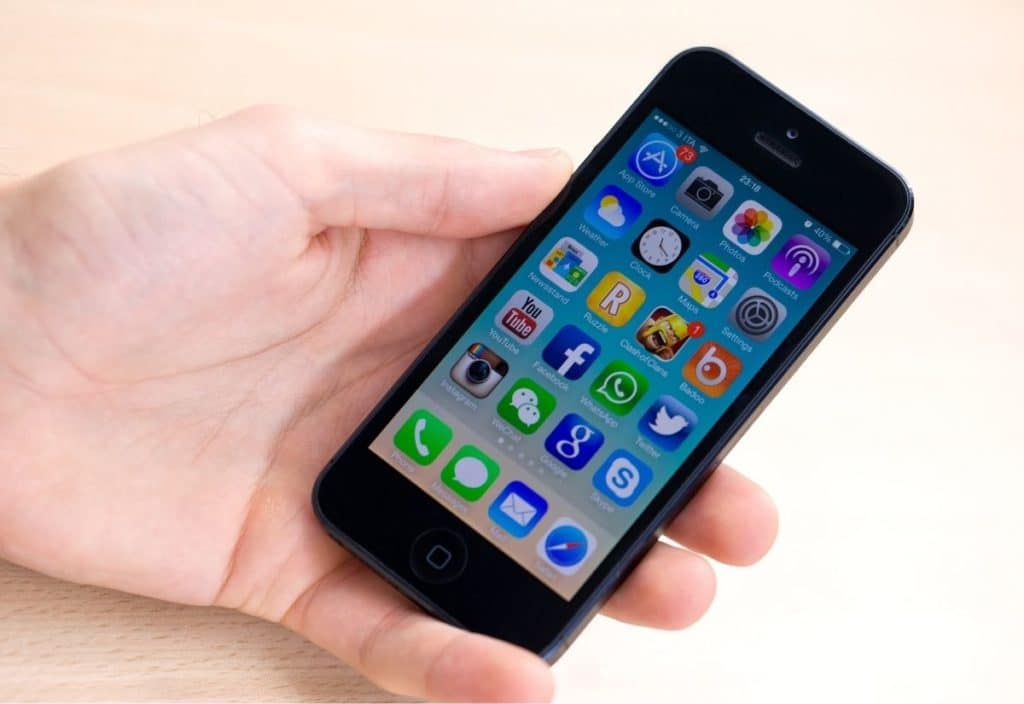
It is convenient
If you have an internet connection, you can send messages very easily over the app. It is fun and also cool. Along with texts, this system features GIFs, multiple emojis and sound effects that lets you express your feeling with the degree of intensities.
Group Chats
This is one major benefit of turning to OTT messaging from SMS. Instant messaging apps like Facebook Messenger, WhatsApp, etc. enables users to chat with each other with video functionality. What more, they can instantly chat in groups. They can all see and talk to each other in real-time.
The Multimedia Factor
This is where OTT messaging takes a major leap over the traditional SMS. with Instant Messaging you can insert pictures, videos, or even sound files of good quality. Although there is some limit to the size of those contents for eg, on Facebook Messenger you can send video files of up to 25 MB only at once, it is still a benefit. This gives users an added functionality over the SMS and it is certainly worthy.
There is “No” Limit
Unlike traditional SMS, Instant Messaging doesn’t impose any limit as to the number of characters of messages. You can send as many messages as you want or type lengthy ones very comfortably as long as you have a seamless internet connection.
It is Almost “Free of Cost’
Calling OTT Messaging “free” would be oversimplifying but technically it doesn’t cost for messages. Unlike SMS this system doesn’t charge per message. The charges are based on your internet subscription and not on a number of messages. So technically OTT apps are free.
Cons of OTT Instant Messaging
OTT messages work over the internet and it gives it many advantages but also comes with some demerits. In this section, we will analyze the cons of using Instant Messaging applications for messages.
It Requires Internet Connection
Instant Messaging apps working on the internet is an advantage but they can also put users at disadvantage. Suppose if you are on the move, and there is no network coverage, or your data pack has expired and there is no balance, in such case, instant messaging won’t be any helpful. Find how to get a good mobile signal at your place?
But it doesn’t end there. Even if the sender has sent a message it won’t deliver if the recipient’s internet is not connected. This can be very troublesome for users when they are in need of exchanging urgent messages. It is important that users remain considerate of their volume of data and network coverage while on the go.
Fears of User Data Security and Protection
Time and again the issues related to users’ data and safety surface. How our data are handled by the service providers has been a huge concern for users. WhatsApp’s security concerns were so severe that users opted for Telegram making it the most downloaded apps a few months ago.
Another fear is the hackers and their notorious attempts to fool users into submission. As OTT messaging works on the internet, hackers at large write codes and scripts to clone apps and lure the users to put their login and get the user information and misuse them. In this regard, instant messaging app users are always vulnerable to data theft, spams, and scammers.
The Options Are Just Too Many
Although it looks like a benefit, having too many options can overwhelm users. The SMS is a universal standard. No matter what phones one is using, the format is similar. You just type your messages and send them over the carrier network. But with OTT messages, there are multiple options.
From Facebook Messenger to WhatsApp or Telegram or Viber, there are many applications that offer the OTT service. They all come with different features to attract smartphone users. Some of them even have better encryption for protection. However, these many options are daunting for users and they may end up installing more than one apps causing nuances on their smartphone resources.
Check out: OTT apps like Viber, WhatsApp, Messenger troubles telcos in Nepal
Then There is RCS
RCS stands for Rich Communication Services. This is a next-gen SMS protocol powered by Android and other major carriers and smartphone manufacturers.
RCS bases its foundation on traditional SMS protocol but upgrades it with a range of capabilities. With this, text messaging is as engaging as on any instant messaging apps such as Viber, WeChat, or WhatsApp. This allows users to live chat, send high res photos and videos that are delivered to the recipient’s default SMS app.
This new messaging protocol is believed to replace the existing SMS in the coming years as more and more carriers and smartphone manufacturers come aboard.
What more, Google has already extended RCS functionality on its Android devices and it is available in Nepal as well. If you have updated your device’s default SMS, then you already have these chat features otherwise you can update it right now.
Our Verdict
SMS is not going to die any soon. It is the standard feature of mobile phones for decades and we all love them. We also have an emotional attachment towards it. But there is no doubt that the age of the internet and smartphones have pushed us towards OTT apps for better functionalities and usability.
As data is becoming cheaper by days, more people would be attracted to Instant Messaging for audiovisual chats and text messages. But we can use SMS in tandem with OTT apps. If you are not a data user or the recipient is not on a smartphone or doesn’t have the OTT apps, SMS is still beneficial. They both can remain on our phones and lives as long as we use mobile phones.
Whereas there is a new messaging standard called RCS (Rich Communication Suite) messaging that helps you to get the feature of both. That means you can have all the features of OTT messaging over the default messaging app (using Google RCS) while the recipient is online. And when the recipient is offline, you can use the traditional SMS, enabling you to get better functionalities when available.
Do check out: Bulk SMS service in Ntc
What do you think about these two methods of exchanging messages? Which one do you prefer to send and receive messages? Leave us your opinion in the comments.


